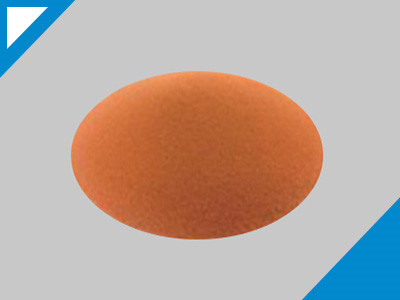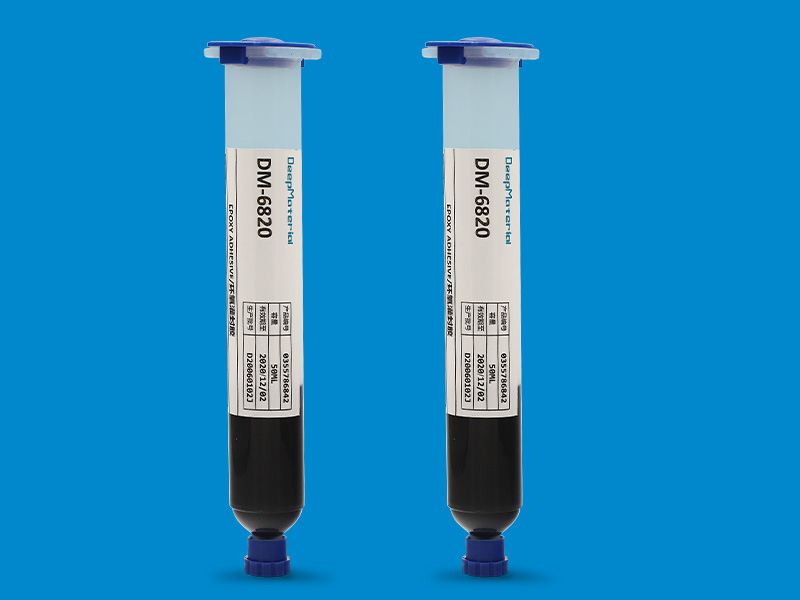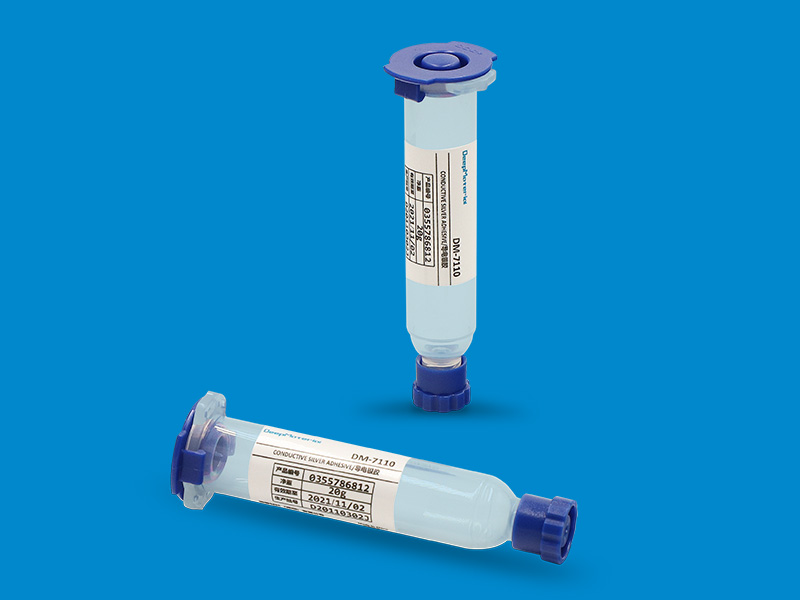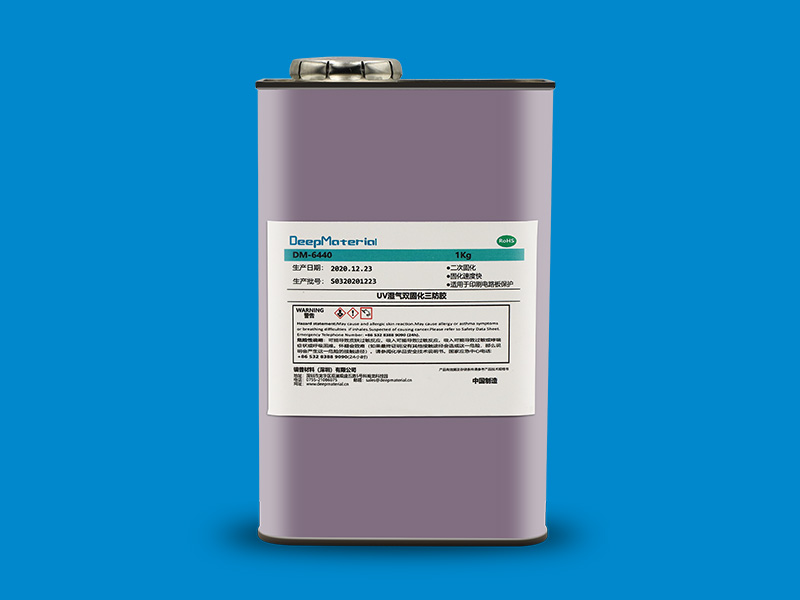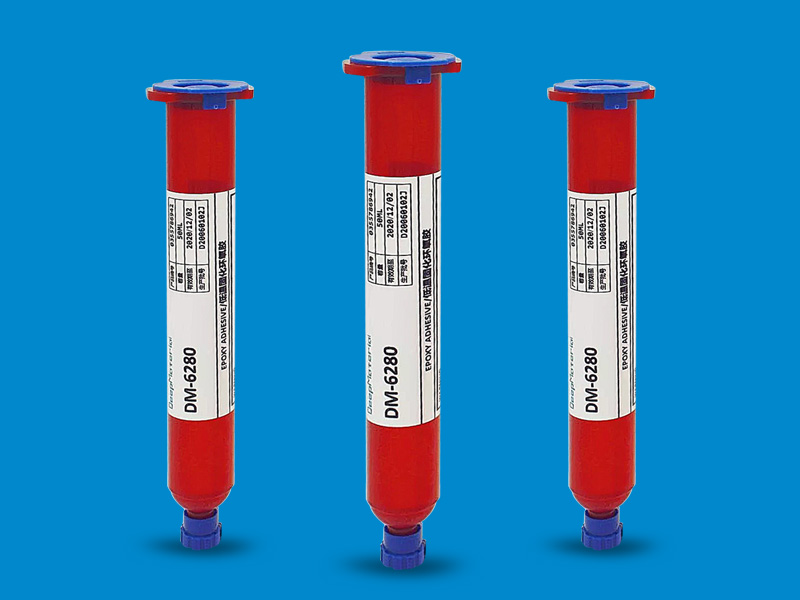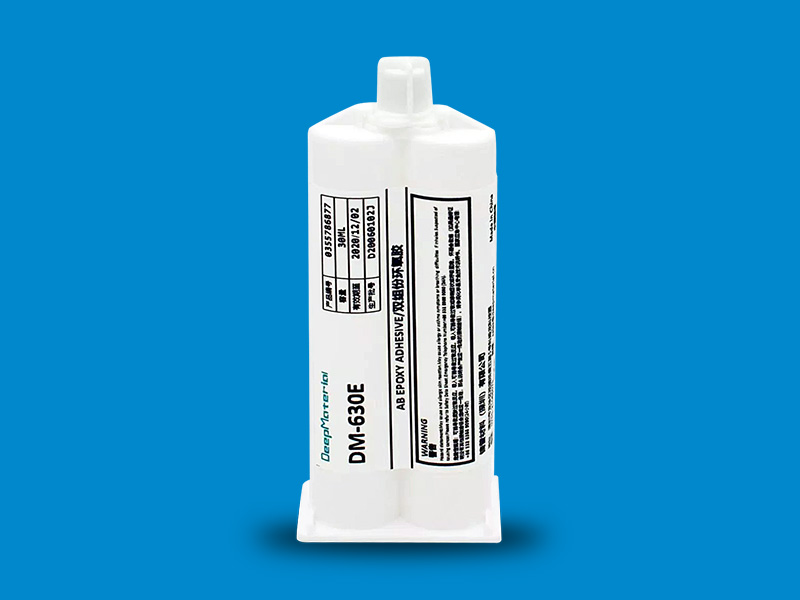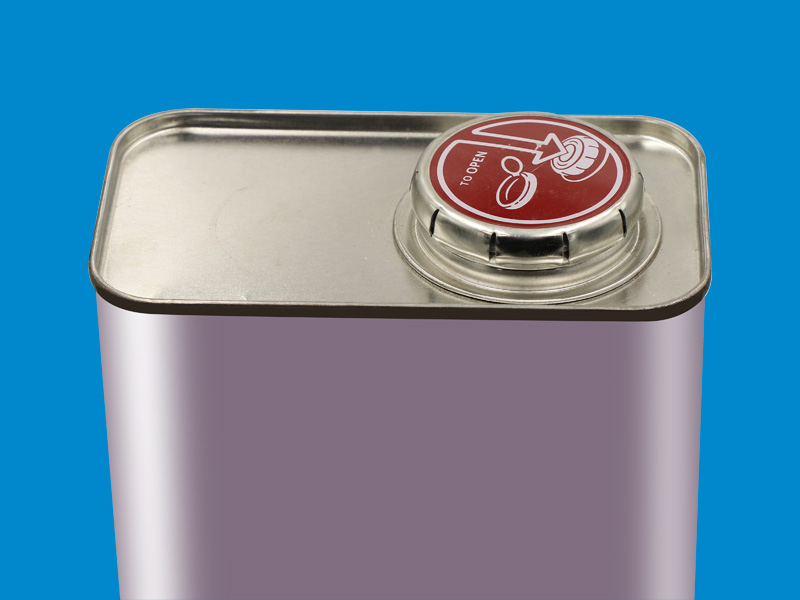The Evolution and Impact of Epoxy Potting Compound Manufacturers
The Evolution and Impact of Epoxy Potting Compound Manufacturers
Epoxy potting compounds have gained significant traction in various industries due to their robust protective properties and versatility. As electronic devices become more compact and complex, the demand for reliable potting compounds has surged. These compounds safeguard sensitive components against environmental factors such as moisture, dust, and mechanical stress. This article delves into the world of epoxy potting compound manufacturers, exploring their processes, applications, and the benefits they offer to different sectors.
Understanding Epoxy Potting Compounds
What Are Epoxy Potting Compounds?
Epoxy potting compounds are synthetic resins created by polymerizing epoxy monomers and hardeners. These compounds encapsulate electronic components, providing a protective barrier that enhances durability and reliability. The formulation of these compounds can vary, leading to a wide range of properties suitable for different applications.
Critical Characteristics of Epoxy Potting Compounds
- Chemical Resistance: Epoxy potting compounds resist chemicals, making them ideal for harsh environments.
- Thermal Stability: They can withstand significant temperature fluctuations, ensuring the integrity of encapsulated components.
- Electrical Insulation: These compounds offer excellent electrical insulation, preventing short circuits and other failures in electronic devices.
- Mechanical Strength: Epoxy potting compounds provide mechanical strength, protecting delicate components from vibrations and impacts.
The Manufacturing Process of Epoxy Potting Compounds
Raw Materials Used in Production
The manufacturing of epoxy potting compounds involves several critical raw materials:
- Epoxy Resins: These are the primary components that determine the properties of the final product.
- Hardening Agents: Hardening or curing agents are crucial for initiating the polymerization process and forming a solid structure.
- Fillers and Additives:Various fillers and additives are incorporated to enhance specific properties, such as thermal conductivity, flame resistance, or UV stability.
Step-by-Step Manufacturing Process
- Mixing of Raw Materials: The epoxy resin and hardening agents are carefully measured and mixed. This step is critical to achieving the desired properties of the final compound.
- Quality Control: Manufacturers perform rigorous quality control checks to ensure the compounds meet industry standards and specifications. It can include testing for viscosity, thermal conductivity, and chemical resistance.
- Packaging: Once the compounds are cured and tested, they are packaged in suitable containers for customer distribution.

Applications of Epoxy Potting Compounds
Electronics Industry
One of the primary sectors utilizing epoxy potting compounds is the electronics industry. They are used for:
- Encapsulating Circuit Boards: Protecting printed circuit boards (PCBs) from moisture and contaminants.
- Sealing Electrical Connections: Ensuring connections are secure and protected from environmental factors.
- Enhancing Component Lifespan:Increasing the longevity of components by shielding them from mechanical stress and corrosive substances.
Automotive Sector
In the automotive sector, epoxy potting compounds are employed for:
- Sensor Protection: Safeguarding automotive sensors from harsh conditions and vibrations.
- LED Lighting: Ensuring the durability of LED assemblies through effective potting solutions.
- Battery Encapsulation:Providing a protective layer against moisture and temperature variations for battery cells.
Aerospace and Defense
The aerospace and defense industries rely on epoxy potting compounds for:
- Component Protection: Protecting sensitive components in aircraft and defense systems from extreme conditions.
- Reliability Assurance:Ensuring that critical systems remain functional despite harsh environmental factors.
Medical Devices
Epoxy potting compounds are also used in the medical sector for:
- Sealing Electronic Medical Devices: Protecting sensitive electronic components in devices such as pacemakers and diagnostic equipment.
- Maintaining Sterility: Helping maintain the sterility of medical devices by providing an effective barrier against contaminants.
Benefits of Choosing Epoxy Potting Compound Manufacturers
Customization Capabilities
- Tailored Formulations: Many manufacturers offer customized formulations to meet specific customer requirements, allowing for adjustments in viscosity, curing time, and thermal properties.
Enhanced Product Durability
- Longer Lifespan: Epoxy potting compounds significantly extend the lifespan of encapsulated components by protecting them from environmental stressors.
Cost-Effectiveness
- Reduced Maintenance Costs: The durability of epoxy potting compounds leads to lower maintenance costs, as the need for replacements and repairs is minimized.
Improved Performance
- Optimized Functionality: Devices encapsulated in epoxy potting compounds often perform better than their non-encapsulated counterparts due to their enhanced electrical insulation and mechanical strength.
Challenges Faced by Epoxy Potting Compound Manufacturers
Environmental Regulations
- Compliance with Regulations: Manufacturers must navigate complex environmental regulations related to the production and disposal of chemical compounds, which can impact operational costs.
Competition and Market Dynamics
- Market Saturation: The growing demand for epoxy potting compounds has increased competition, requiring manufacturers to differentiate themselves through quality and innovation.
Technological Advancements
- Keeping Up with Innovation: Manufacturers must invest in research and development to keep up with technological advancements and changing market needs.
The Future of Epoxy Potting Compound Manufacturing
Trends Influencing the Industry
- Sustainability: There is a growing emphasis on developing eco-friendly epoxy potting compounds, which could lead to using bio-based resins and recyclable materials.
- Increased Automation: Manufacturers invest in automated production processes to enhance efficiency and reduce costs.
Innovations on the Horizon
- Innovative Potting Compounds:Research into intelligent materials that can respond to environmental changes or provide diagnostic capabilities is underway.
- Advanced Coatings: Developing advanced coatings that enhance the properties of epoxy potting compounds will further broaden their application range.
Key Factors to Consider When Selecting Epoxy Potting Compound Manufacturers
When choosing an epoxy potting compound manufacturer, several factors should be considered to ensure that the products meet specific requirements and standards:
- Quality Assurance: Look for manufacturers with robust quality control processes and certifications that comply with industry standards.
- Customization Options: Evaluate the manufacturer’s ability to provide tailored formulations based on unique application needs, including viscosity, curing times, and thermal properties.
- Technical Support: Consider whether the manufacturer offers technical assistance, including guidance on application processes and troubleshooting.
- Sustainability Practices: Investigate the manufacturer’s commitment to environmentally friendly practices, such as using bio-based materials and reducing waste.
- Delivery and Logistics: Assess the manufacturer’s ability to meet deadlines and provide timely delivery, which is crucial for maintaining production schedules.
- Reputation and Experience: Research the manufacturer’s industry reputation and experience in producing epoxy potting compounds for specific applications.

Conclusion
The role of epoxy potting compound manufacturers is vital in the ever-evolving landscape of electronics, automotive, aerospace, and medical industries. These manufacturers are at the forefront of innovation, continuously developing new formulations and applications to meet the growing demands of technology. As we look to the future, integrating sustainability and advanced technologies will further enhance the significance of epoxy potting compounds, ensuring that they remain essential in safeguarding electronic and mechanical devices across various sectors. With their ability to improve performance, durability, and cost-effectiveness, the contributions of epoxy potting compound manufacturers will undoubtedly play a critical role in shaping the future of many industries.
For more about choosing the evolution and impact of epoxy potting compound manufacturers, you can pay a visit to DeepMaterial at https://www.electronicadhesive.com/ for more info.



